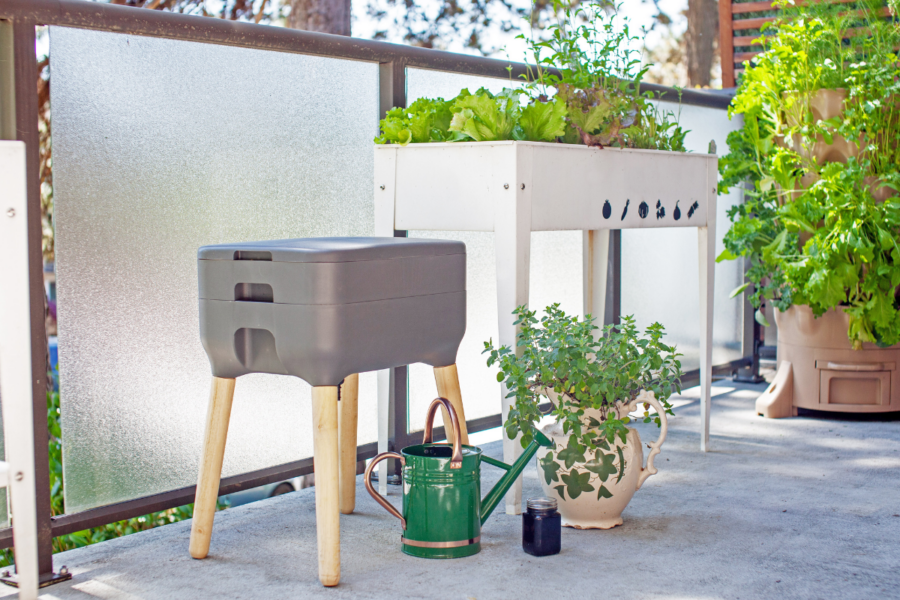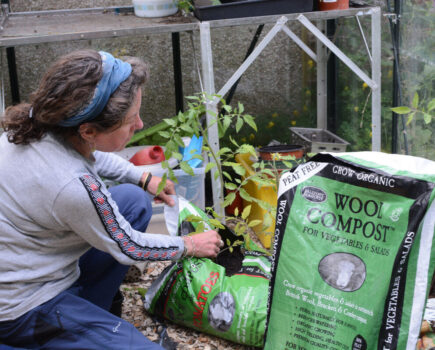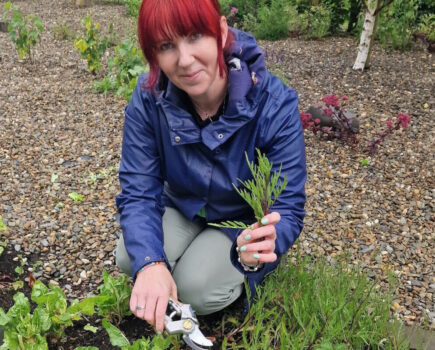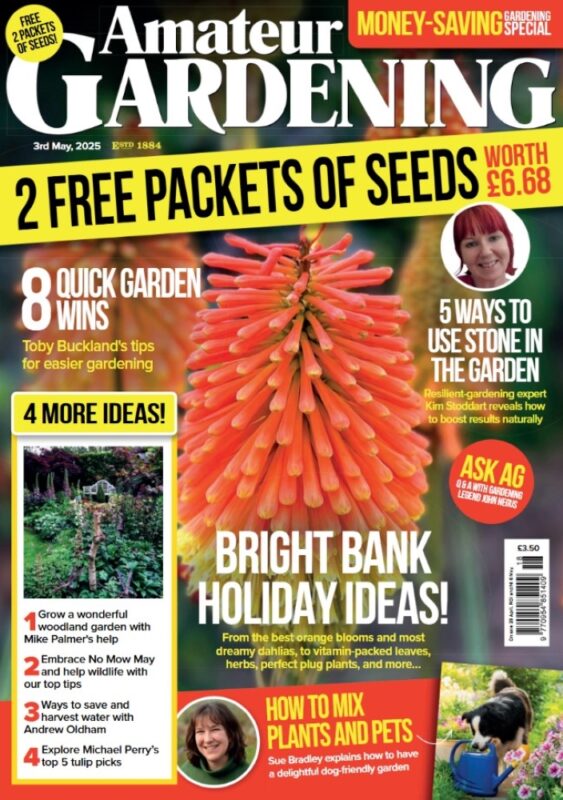Composting principles remain the same whether you’re composting on a large or small scale, says Chris Collins
It’s easy to think that composting has to be done on a large-scale, and when I worked at Kew, the compost heaps were 3m high by 5m wide! But I say scale is irrelevant, because wherever we grow plants, composting and soil health is fundamental.
On my balcony I use a small compost bin, not too dissimilar to a dalek bin, but only 20 litres in capacity. Even at this size, the same composting rules apply. Make sure you mix 50:50 brown materials and green materials. I use finely chopped up kitchen waste mixed with shredded paper (junk mail or old office materials) and torn up egg or cereal boxes. In just 14-18 weeks, I can turn around a good compost for top-dressing my pots and baskets.
Adding worms into the mix
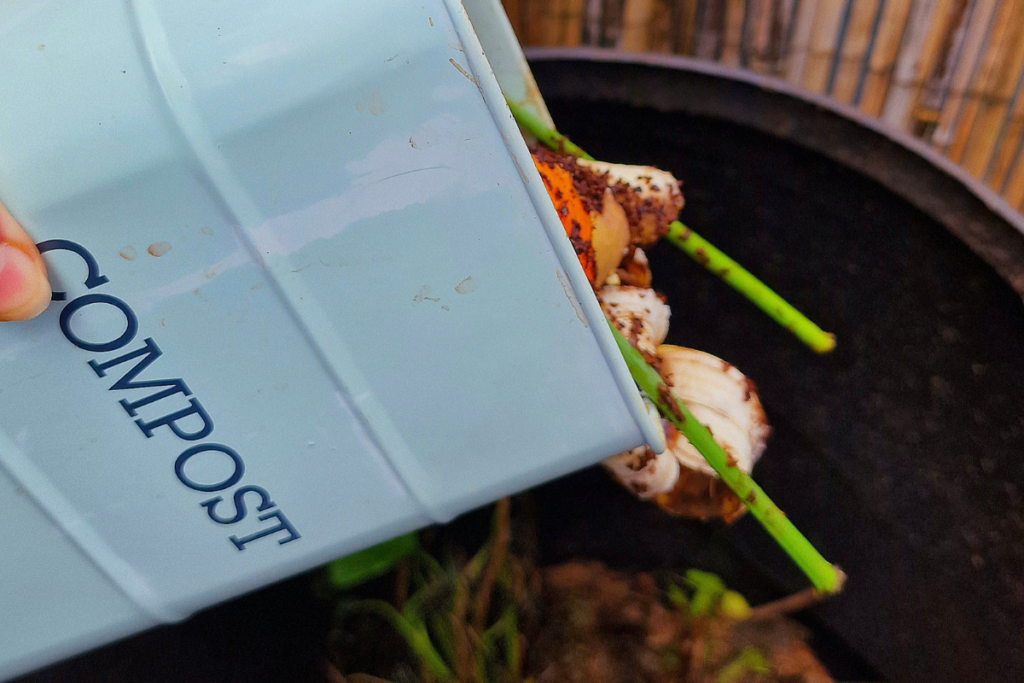
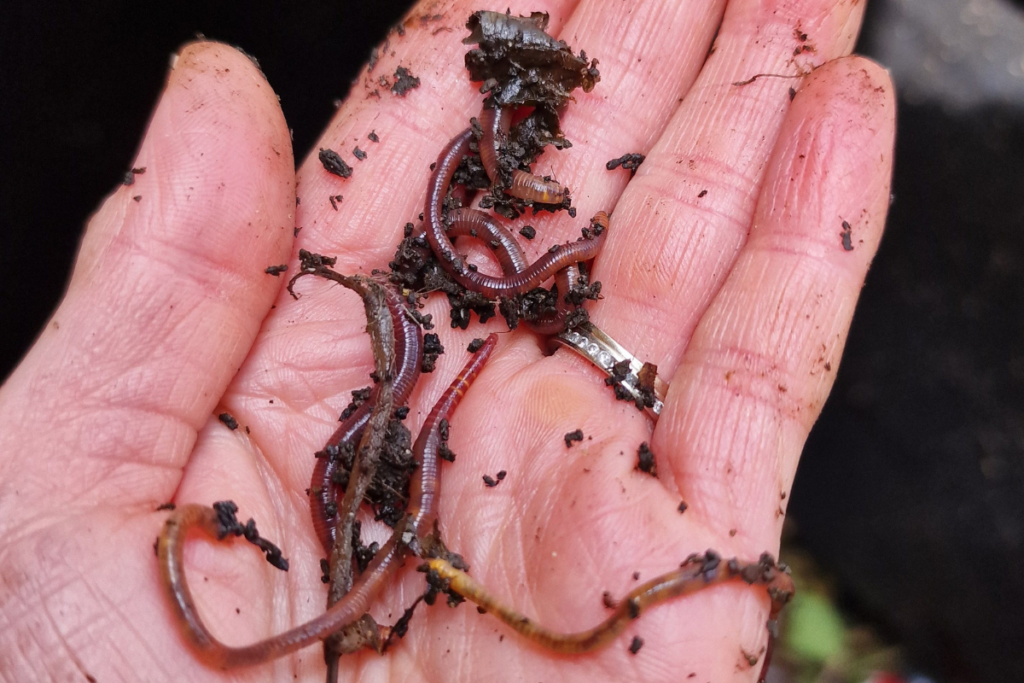
A wormery will produce amazing compost in an even shorter time. The right temperature is vital: a range from 15-25C as anything above or below this makes the worms lethargic. A coolish site, away from constant sunshine, will be best.
Add your greens and browns to the top layer of the wormery little by little so the worms have time to digest. Keep the compost ingredients slightly damp, and once they’re happy the worms will move down the lower layers with ease.
If you have no room for composting, take your garden waste to a local recycling centre where you can collect it as compost at a later date. After all, a good gardener doesn’t waste anything, and soil is king!
Question and Answer
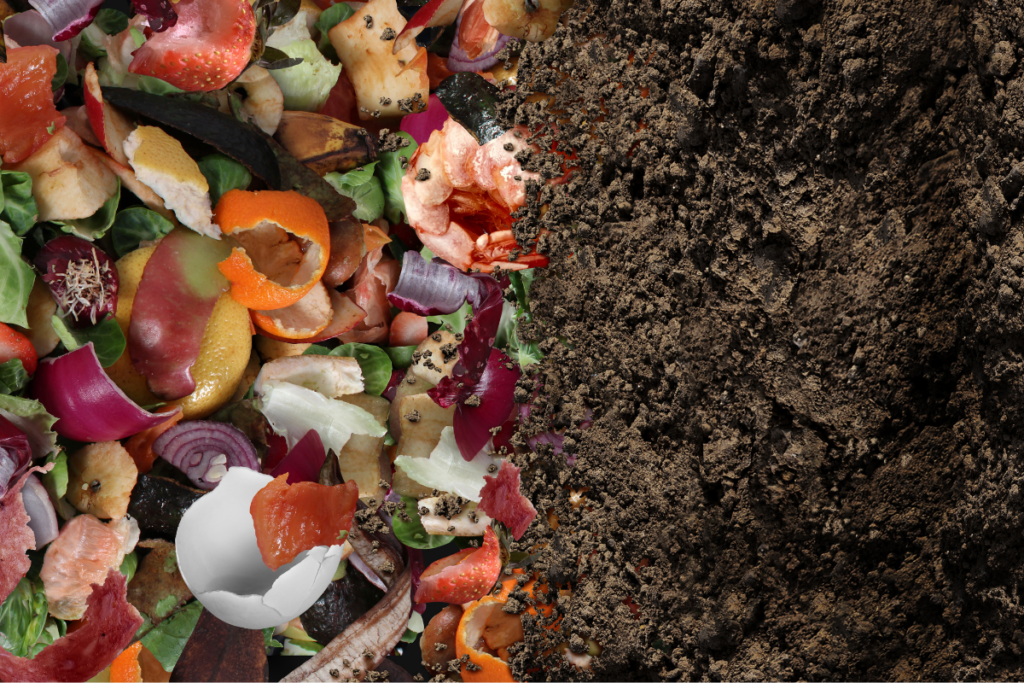
Q. I’ve just bought a hotbin, any tips on getting the best out of it?
A. A 100-litre Hotbin is perfect for a small, urban garden and as a closed unit, you can avoid problems with rats and it rapidly breaks down waste. Bulk up with shredded paper and add uncrushed egg boxes to add air into the mix and avoid mushy layers. Make sure anything with skin is finely chopped so bacteria can break it down faster. Keep the lid closed, to keep the heat in.
Q. My small balcony bin is starting to smell, how can I stop this?
A. The ingredients need to be turned regularly to ensure they stay damp and don’t become anaerobic (without oxygen). This can lead to your bin smelling and upset your neighbours! Also ensure your bin has drainage and a saucer so any liquid can be released and reused.
Q. Can I add citrus and coffee grounds to my small compost bin?
A. These need to be added in much smaller quantities because they can upset the balance. Citrus fruits with skins also take a long time to biodegrade so if you want your compost quickly, and without lumps, I would avoid these.
Find more tips, advice and articles like this at the Amateur Gardening website. Subscribe to Amateur Gardening magazine now

